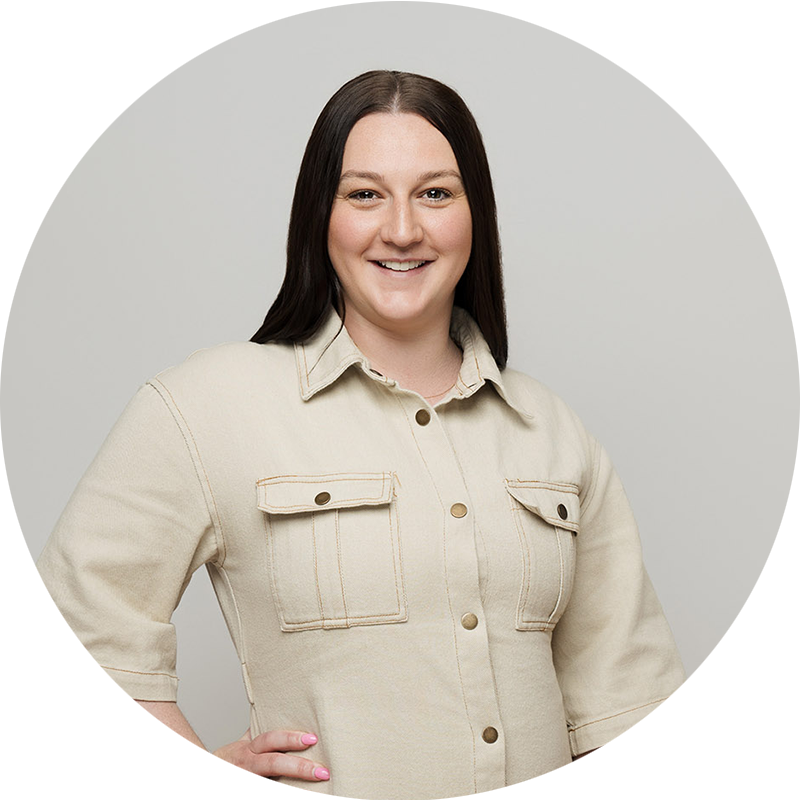Renting FAQ's
1. What is a tenancy agreement?
Sometimes referred to as a lease agreement, a tenancy agreement is a legally binding document between you and the landlord that lays out the terms and conditions of the agreement. The following details are important elements of a tenancy agreement:
• Name and address of the tenant(s)
• Name of the property owner(s)
• Name of the real estate agency
• Start and end date of the agreement
• Amount of rent payable
• When and how said amount of rent should be paid
• Amount of bond required
• Length of tenancy
• Standard terms including what the tenant, property owner and property manager can and cannot do
• Special terms which should be agreed on in advance and can include things such as pets and garden maintenance
2. What is a rental bond?
Paid by you at the start of the tenancy and equivalent to 4 weeks rent, a rental bond is essentially a one-off security deposit. The rental bond is in place to protect the property owner should there be damage (beyond fair wear and tear) or other costs incurred as a result of you or your guests.
All money paid is held by the Office of Rental Bonds, where it will remain until such time it is disbursed. The owner is required to take a bond to ensure landlords insurance also covers them.
Once the bond is lodged, you will receive a receipt with a rental bond number, which is proof that you have paid your bond. You’ll need this when you sign the agreement and also when you vacate, and you seek to get your bond back after the final inspection.
3. What is an inventory and condition report?
Your inventory and condition report is an official record of the condition of a rental property before you moved in.
Your property manager will conduct a thorough inspection of the property, documenting any damage, however minor, and describe it on the report. Once the condition report has been completed, you get a copy to review, add any additions to and sign and return (all within 14 days of the commencement of your agreement). As a tenant, you must note any sections of the report you do not agree with, including adding photos.
It’s really important to keep a copy of the report, as it will form the basis of assessing the condition of the property when you move out and for your property manager to manage the bond disbursement.
4. What happens after I get approved for a property?
There are a few things you need to do after being approved for a rental property; from the initial sign-up to sorting out the financials and getting your utilities sorted.
Download our full run-down here.
5. What are the up-front costs for renting?
From the rental bond and initial rent payment, to contents insurance and more, find out more about the up-front costs associated with renting in the download below.
Download our guide to up-front costs for renting.
6. How often will the property be inspected/will you inspect the property?
We conduct 2 inspections every 12 months, with the first usually coming about a month after you move in so we can check in on any maintenance and make sure everything is going smoothly. We know inspections can be a bit of a pain, but we do our best to make them as stress free as possible!
Download our guide to everything you need to know about routine inspections.
7. How much notice do I need to provide when vacating the property?
When it comes to vacating, there are many factors to consider, including notice periods, potential lease breaches, final inspections and bond refunds.
Download our guide to guide to vacating your property.
8. What do I do about cleaning the property before I vacate?
Needless to say, it’s expected that you return the property in a clean condition, although reasonable wear and tear is of course considered. If you’re intending to do the cleaning yourself, find out more about how to prepare with our checklist here. If you’d rather leave it to the professionals, download our list of recommended cleaners below.
Download our list of recommend cleaners.
9. What maintenance am I responsible for as a tenant?
Maintenance responsibilities can vary greatly from property to property, depending on size, outdoor space and special conditions such as pets. Our guide to property maintenance from a tenants perspective covers all this and more.
Download our guide to property maintenance.
10. What constitutes a maintenance issue?
What a maintenance issue is, how to report one and what to do in the case of major problems are all addressed in our ‘how to maintain your property’ guide, which you can download below.
Download our guide to property maintenance.
















